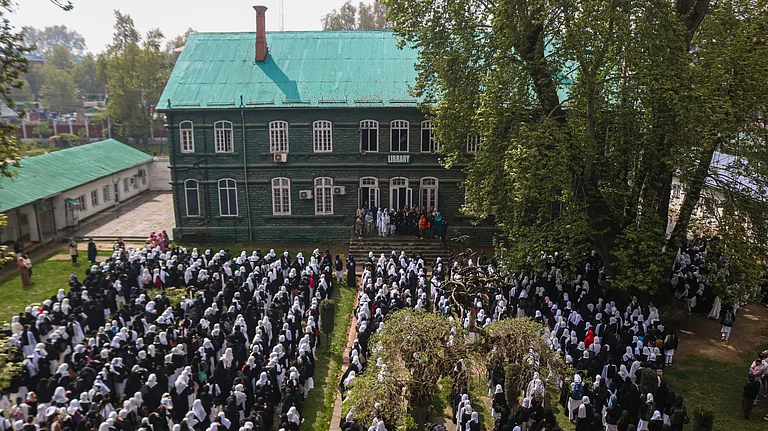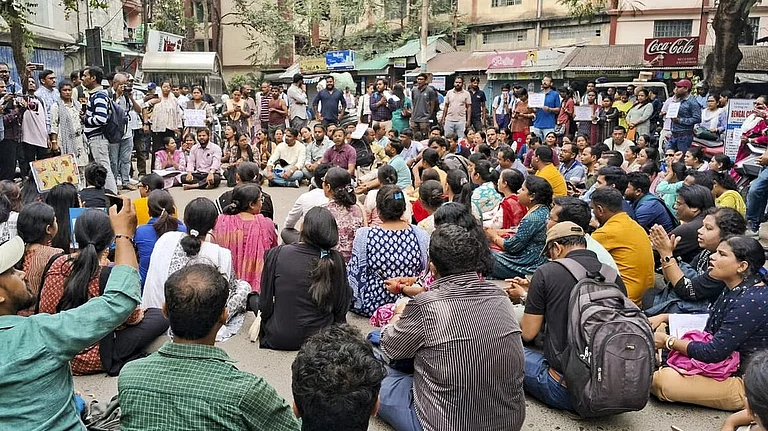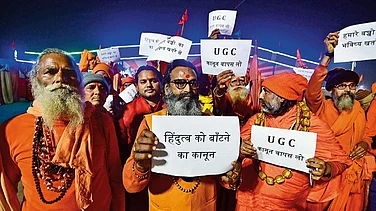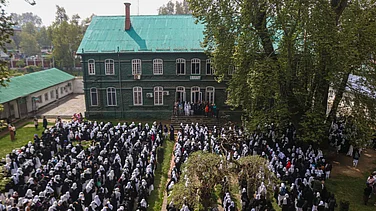Maintenance to wife under the provision of the Code of Criminal Procedure (CrPC) is not a blanket liability for all times to come and can be increased or decreased on account of change in circumstances of the husband or the wife, Delhi High Court has said. Justice Chandra Dhari Singh stated that the intent behind granting interim or permanent alimony is not to punish the other spouse but to ensure that the dependent spouse is not reduced to destitution or vagrancy on account of the failure of the marriage, and thus balance and equity must carefully be drawn between all relevant factors.
The court's observations were made while deciding on a revision petition by a woman seeking enhancement of the maintenance to be paid to her by her husband pursuant to a trial court order. The court asserted that under Section 127 (1) Criminal Procedure Code (CrPC), a provision is made to increase or reduce the allowance if there is a "change in the circumstances of the parties at the time of the application for alteration of the original order of maintenance" and it “must be shown that there has been a change in the circumstances of husband or of the wife”. “The change of circumstances referred to in sub-section (1) of Section 127 CrPC is a comprehensive phrase which also includes the change of circumstances of husband. The amount of maintenance once fixed under section 125(1) Cr.P.C. is not something which can be taken to be a blanket liability for all times to come. It is subject to variation on both sides. It can be increased or decreased as per the altered circumstances,” said the court in its recent order.
“The intent behind granting interim/permanent alimony is to ensure that the dependent spouse is not reduced to destitution or vagrancy on account of the failure of the marriage, and not as punishment to the other spouse…It is settled law that balance and equity must carefully be drawn between all relevant factors,” it stated. In the present case, the petitioner sought a monthly maintenance of Rs 35,000 and said that the amount of Rs 3,000, which was awarded by the trial court, was very inadequate for her sustenance considering that the husband was drawing a salary of Rs 82,000 per month and he hid his actual earnings from the trial court. The respondent-husband however claimed that he was earning a meager amount of Rs 15,000 per month by working as a cab driver and living in a rented property and also had to take care of his old and ailing parents.
The court observed that to arrive at the appropriate quantum of maintenance, the financial capacity of the husband, his actual income with reasonable expenses for his maintenance as well as dependant family members and liabilities would be required to be taken into consideration and also, and the standard of living that the spouse seeking maintenance was accustomed to in her matrimonial home. The court dismissed the wife's petition as it opined that it did not find any cogent reason to interfere with the trial court's order. It said that neither did the petitioner place on record any documents to assess the respondent's exact income and establish that he was earning such a handsome amount of money nor was there any change in circumstances.
(With PTI Inputs)


























